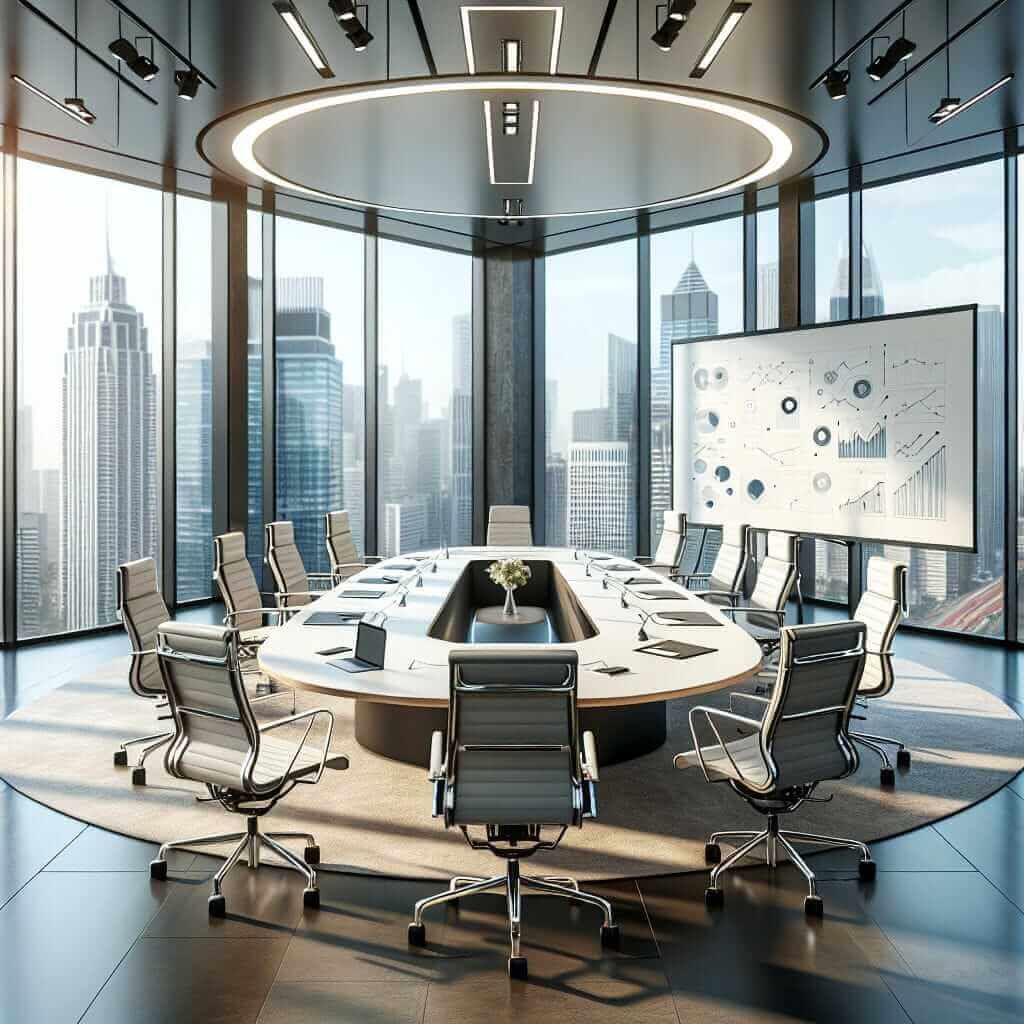In the IELTS Speaking Test, examiners evaluate candidates based on several criteria including fluency and coherence, lexical resource, grammatical range and accuracy, and pronunciation. One common topic that often appears in Part 2 of the Speaking Test is describing a place where you go to prepare for meetings. This topic helps assess how well candidates can describe a location and their activities within that space, thus providing a clear picture to the examiner. This article provides a detailed guide, sample answers, and useful tips to help you achieve a high score in this part of the test.
Part 1: Introduction and Interview
In Part 1, the examiner will ask general questions about yourself and a range of familiar topics, such as your home, family, work, studies, and interests.
Example Question:
Q: What do you do to prepare for important meetings?
Sample Answer:
“I usually start by organizing my thoughts and making a detailed list of points I want to discuss. If possible, I also try to gather relevant data and statistics to support my arguments. Additionally, I practice my presentation skills and rehearse potential questions that might come up during the meeting.”
Part 2: Long Turn (Cue Card)
Cue Card Example
Describe a place where you go to prepare for meetings. You should say:
- Where this place is
- What it looks like
- What equipment is there
- And explain why you go there to prepare for meetings
Sample Answer:
“One of my favorite places to prepare for meetings is the conference room in my office building. Located on the top floor, it’s designed to provide a quiet and conducive environment for intense preparation.
The room is furnished with a long table, several ergonomic chairs, and a large whiteboard. Additionally, it has a state-of-the-art projector and high-speed internet connection which are essential for rehearsing presentations. There’s also a small pantry equipped with a coffee machine and snacks, ensuring I stay refreshed throughout my prep time.
I prefer this place because it is free from distractions, allowing me to focus entirely on my preparations. The spacious room and the productive atmosphere really help me get into the right mindset for important meetings.”

Follow-Up Questions (Bullet Points)
- Why is it important to prepare for meetings?
- How do you think proper preparation can influence the outcome of a meeting?
- In what ways can the environment affect your preparation?
Sample Answers:
“Preparing for meetings is crucial because it demonstrates professionalism and ensures that all topics are covered thoroughly. Proper preparation can significantly influence the outcome of a meeting by making the discussion more efficient and productive. Moreover, a quiet and well-equipped environment enhances focus, which leads to better preparation and ultimately, better performance during the meeting.”
Part 3: Two-Way Discussion
Examiner’s Questions on the Topic
Q: How do the facilities in your workplace influence productivity?
Sample Answer:
“The quality of facilities in the workplace has a profound impact on productivity. For instance, having access to advanced technological equipment and comfortable seating can make work processes smoother and reduce physical strain. Furthermore, well-designed spaces that offer both isolation for concentration and areas for collaboration can significantly boost overall employee output.”
Q: Do you think the design of a meeting room can affect the outcome of meetings?
Sample Answer:
“Absolutely! The design of a meeting room can greatly influence the dynamics and outcomes of meetings. A well-ventilated, bright room with adequate seating arrangements promotes a more engaged and interactive environment. Conversely, a cramped or poorly lit space can diminish concentration and hinder effective communication among participants.”
Vocabulary and Useful Phrases for High Scores
Vocabulary:
-
Ergonomic /ˌɝː.ɡəˈnɑː.mɪk/ – designed to be comfortable and efficient.
- “The chairs in the conference room are ergonomic, ensuring that participants are comfortable during lengthy meetings.”
-
Conducive /kənˈduː.sɪv/ – making a certain situation or outcome likely or possible.
- “A quiet atmosphere is conducive to focused and effective preparation.”
-
State-of-the-art /ˌsteɪt.əv.ðiːˈɑːrt/ – very modern and using the most recent ideas and methods.
- “The room is equipped with state-of-the-art technology to support presentations.”
-
Productive atmosphere – an environment that stimulates efficient and effective work.
- “The productive atmosphere in the conference room helps me concentrate better on my tasks.”
Phrases:
- “Free from distractions” – devoid of elements that could divert attention.
- “Get into the right mindset” – prepare mentally for a particular task.
- “Intense preparation” – thorough and focused preparation.
Advice for High Scores in IELTS Speaking
- Practice Regularly: Engage in speaking practice daily to build fluency.
- Use a Range of Vocabulary: Diversify your language use to demonstrate lexical resource.
- Stay Coherent: Organize your thoughts logically to maintain coherence.
- Be Natural: Speak naturally and avoid memorized answers, which can sound robotic.
- Seek Feedback: Have practice sessions with feedback from a tutor or peers to iron out mistakes.
By following these methods and utilizing the sample answers and vocabulary provided, you can approach the IELTS Speaking Test with confidence and the skill set required to achieve a high score.